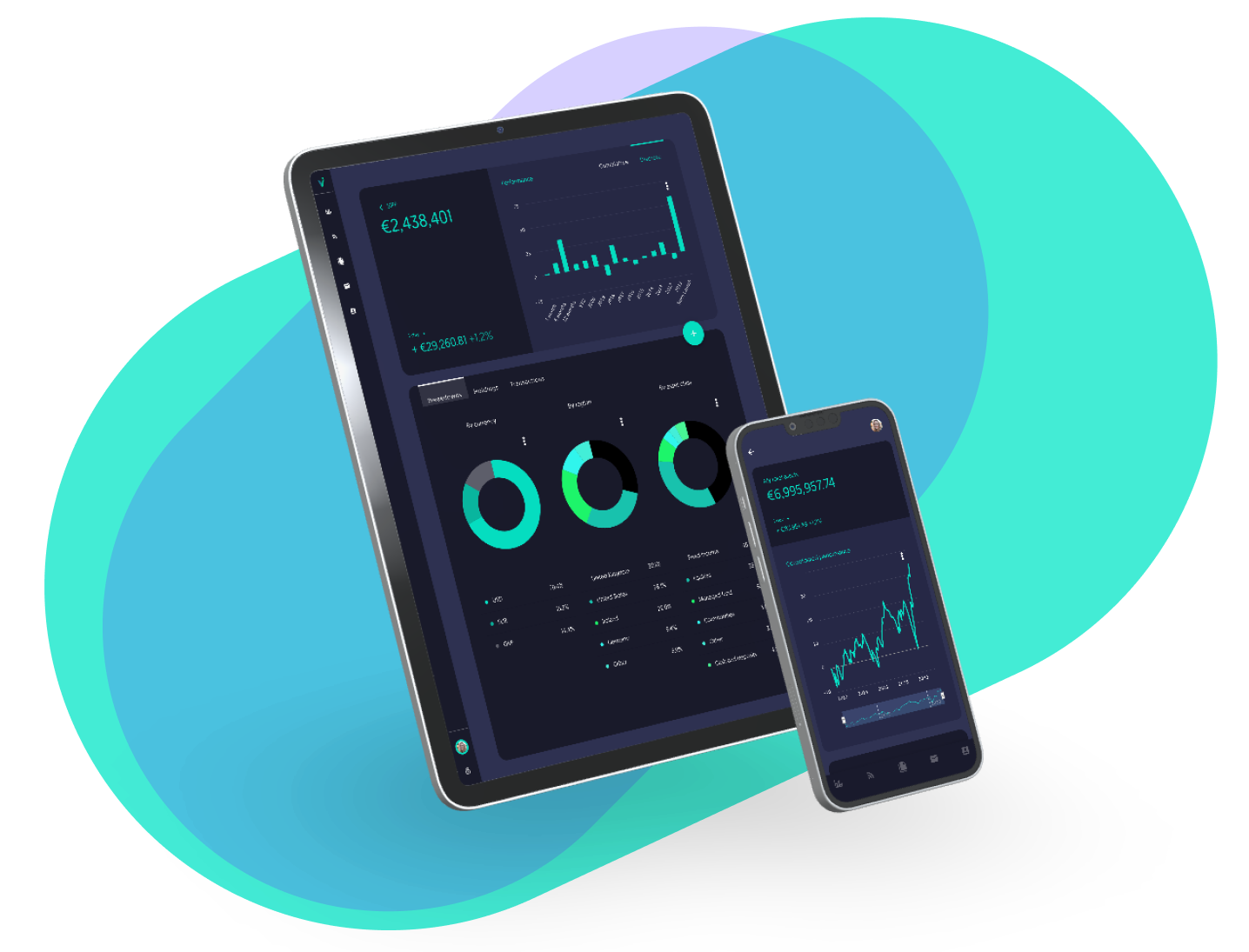Fund managers are increasingly prioritising strong sustainability metrics in their portfolio spread, but these metrics are not always clear
Key points
- There is a flurry of ESG funds emerging, as the trend for sustainability-focused investment gathers pace
- There’s a concern that without global standards the risk of greenwashing remains
- Rather than just adding a rating, companies can integrate detailed ESG reporting
- An Invessed client portal can include ESG reporting, for example, a CO2 emission tracker next to a fund’s performance or a breakdown of an environmental or social impact next to asset class breakdowns

Is ESG a societal obligation?
In 2020 the investment industry was rocked when $57 billion Australian super fund Rest pledged to overhaul its approach to climate risk, following a lawsuit by Rest member Mark McVeigh. McVeigh claimed that the fund was in breach of its fiduciary duties in terms of its management of climate change risks and their disclosure. Rest agreed to settle ahead of a trial, suggesting an acknowledgement that the industry does indeed have a duty to identify, manage and disclose climate-related risks.
ESG comes of age … soon
Whether due to public pressure, strategic risk assessment, concern for the environment or a mix of the three, the number of ESG (Environmental, Social, and Governance) Funds has exploded in the last couple of years. ESG funds, whose managers prioritise not just financial performance but good environmental, social and governance behaviour - are a fast-growing investment trend. Forward-thinking fund managers and sustainability-conscious investors are congregating around these new funds.
Global ESG standards are needed
The term “greenwashing” refers to corporations that make symbolic “green” gestures but are not meaningfully contributing to the mitigation of global warming. Yet they sometimes still attract investment from ESG funds, because there is as yet no global standard of metrics for measuring ESG commitments. This can make it hard for fund managers and investors to distinguish between truly green corporations and those whose sustainability credentials are more tenuous.
A solution may be near
Earlier this year, the EU introduced new rules designed to mitigate greenwashing. Under the rules, EU financial-market participants and advisers, as well as foreigners marketing products to EU investors, must disclose how sustainability risks affect investor returns as well as how investments negatively impact sustainability. Corporations committed to sustainability efforts should see it as worthwhile to meet those requirements, while many of the greenwashers are expected to quietly tiptoe away.
The EU’s move is good news, but there’s still no global compact on ESG ratings and, in most of the world, they may be calculated in any number of ways, depending on how different ESG data providers define their metrics. This means that ESG fund managers, and corporations seeking to attract ESG investment, should present as much supporting data as they can.
Can more be done?
To introduce a greater level of transparency, fund managers can turn to technology like ours to visualize their ESG data; for example to track their CO2 emissions alongside fund performance, or to present breakdowns of an environmental or social impact next to each asset class breakdown. Meanwhile, corporations can showcase data on their sustainability initiatives or investments, and their diminishing carbon footprint as a timeline.
Until there’s a global standard for ESG assessment, ESG funds and green corporations should build as much granular and real-time data into their client portals as they can, to aid transparency. Invessed can do this for you - ask us for more details.


